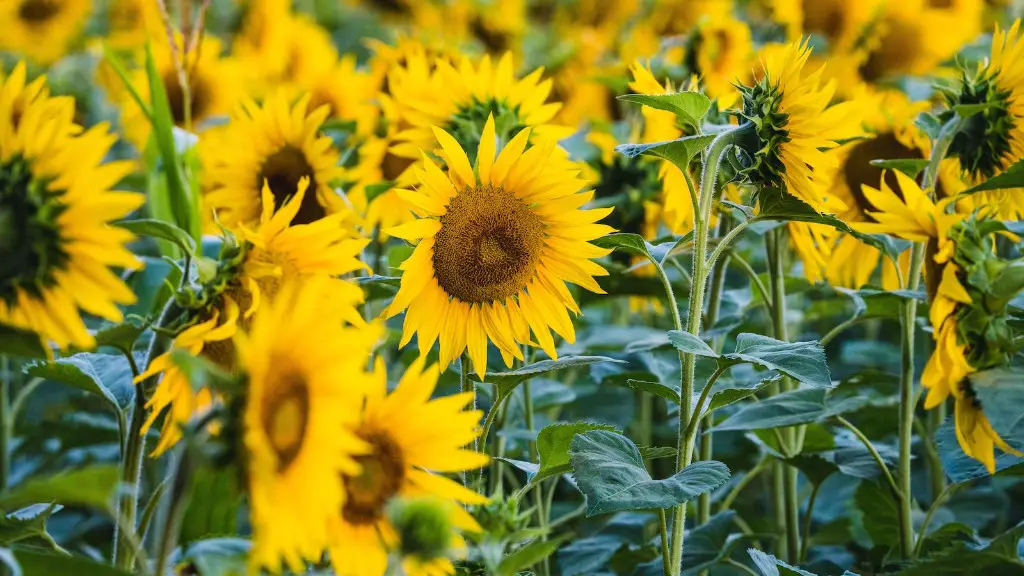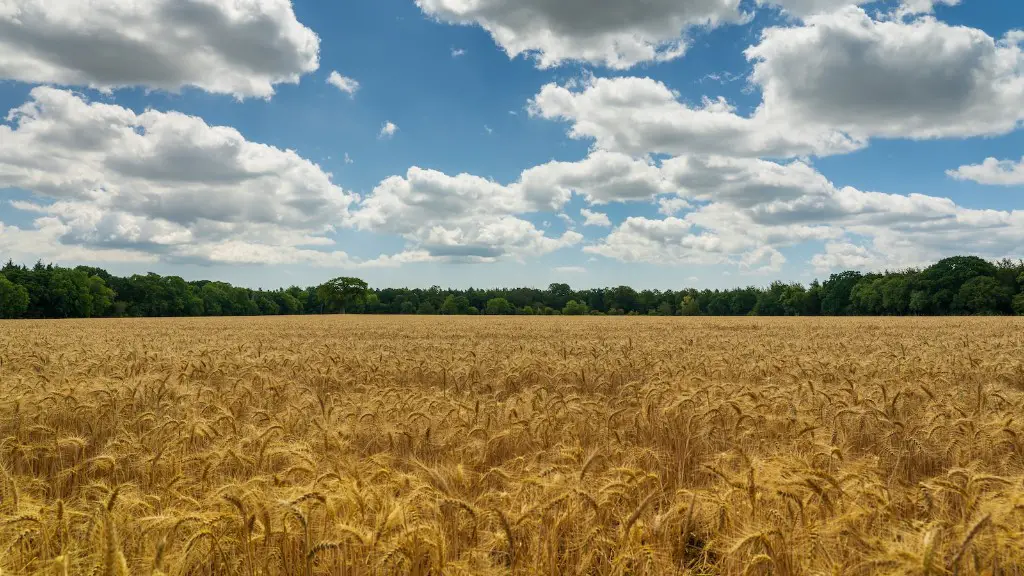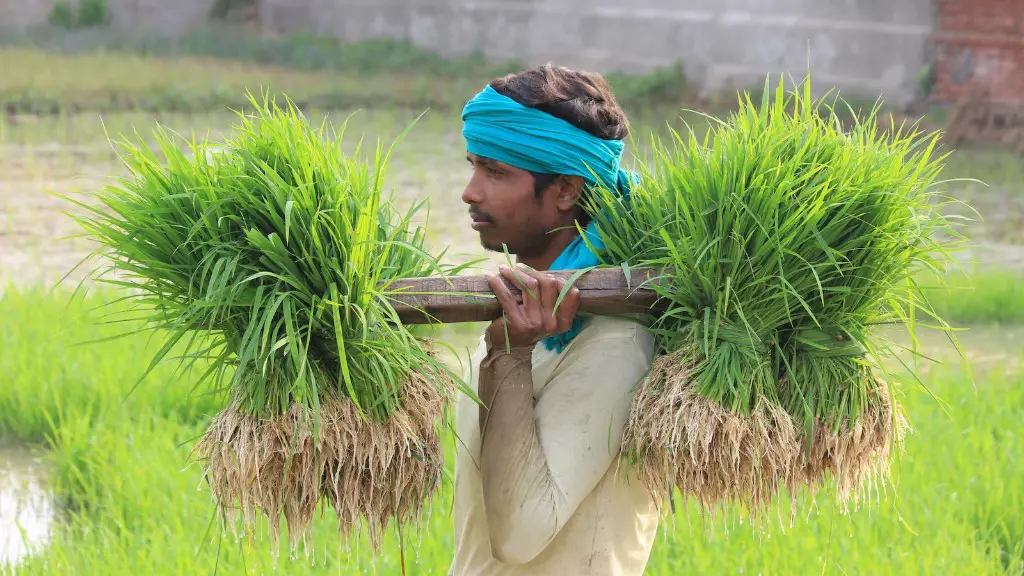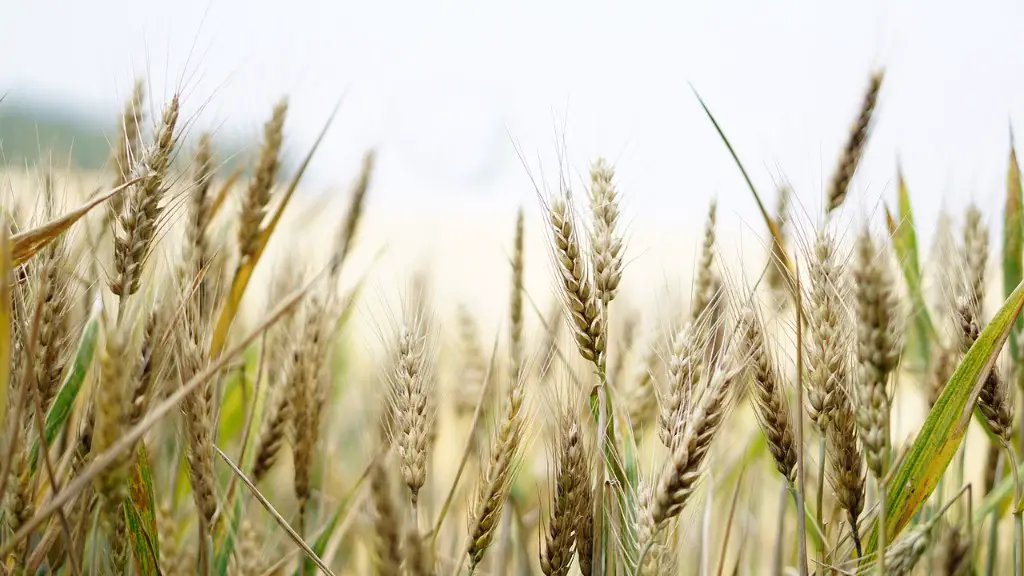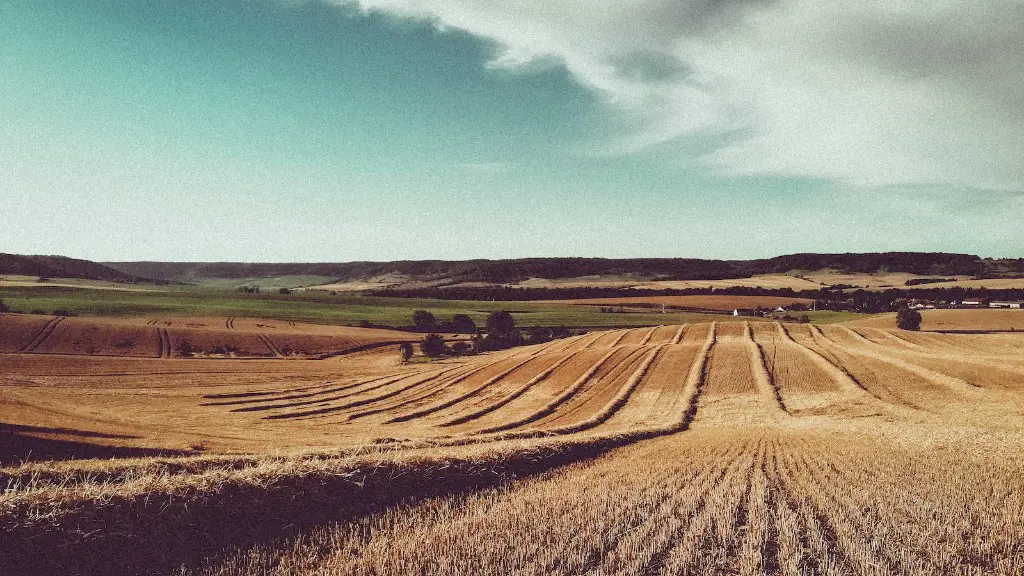There are many factors to consider when selecting seeds for your agricultural needs. Seed quality is an important factor in determining both the success of your crop and the profitability of your farm. To get the most out of your investment, it is important to understand the different aspects of seed quality and how they relate to your specific needs.
In agriculture, seed selection is the process of choosing which seeds to grow in a given year. This process can be based on a number of factors, including the type of crop being grown, the planting location, and the desired yield.
What is the selection of seed?
Seed selection is an important process in agriculture as it can determine the success of a crop. Healthy, viable and disease free seeds are essential for high yields. Seed selection involves choosing the right seeds for the right conditions, as well as testing and inspecting seeds to ensure they are of the highest quality.
The sowing quality of seeds should be high. They should have high germinating capacity. Seeds should be free from infection.
What is the purpose of selecting good seeds
There are many reasons to use good quality seed. Good quality seed leads to a lower seed rate, higher crop emergence (>70%), reduced replanting, more uniform plant stands, and more vigorous early crop growth. Vigorous growth in early stages reduces weed problems and increases crop resistance to insect pests and diseases. All of these factors can lead to higher yields and a better overall crop.
Seed farmers play an important role in the agricultural industry by growing crops that produce high-quality seeds. These seeds are then sold to other farmers and gardeners, who use them to grow their own crops. Seed farmers use a variety of techniques to optimize the quantity and quality of their seeds, which helps to ensure that the seeds they sell are of the highest possible quality.
Why do farmers select seeds before planting?
Farmers select seed for different reasons such as good taste, resistance to disease, yield capacity, nutritional value, and drought tolerance, among others. Crop production is largely about seed selection and development by farmers and plant breeders in order to come up with good harvests. Good seed selection is a critical component of successful farming, and can make the difference between a bountiful harvest and a poor one.
Seed selection is a very important step in cultivation and the quality of seeds should always be good in order to get better crop production. Selecting the right seeds is one of the most effective ways to improve a farmer’s yield. Seeds are an agricultural input on which the foundation of a healthy and quality crop depends.
What is the importance of seed selection and seed testing?
A seed germination test is conducted to find out how many seeds will germinate ( sprout ) and grow when planted. The data from the test is used to determine if the seed lot is good enough to be sold, or if the labeling on the seed packet is accurate.
There are many factors to consider when selecting seeds for planting. Some of the most important factors include the quality of the seeds, the plant’s adaptation to local conditions, the yield potential, and resistance to pests and diseases. Selecting high-quality, certified seeds from a reputable source is the best way to ensure a successful crop.
What is the importance of seed in agriculture
Seed is a critical input in crop production, and the cheapest input in crop production is key to agriculture progress. access to quality seeds is essential for farmers to produce high yields. Seed quality is improved through better seed production practices, and access to quality seeds helps farmers to improve their incomes and food security.
Agricultural seeds are used to grow crops, and can include grass, forage, cereal, oil, and fiber seeds. In some states, noxious weed seeds may also be considered agricultural seeds if they are being used for that purpose.
How many types of seeds are there in agriculture?
A seed is primarily of two types: Monocotyledonous Seed and Dicotyledonous Seed. Monocotyledonous seeds have one cotyledon, or seed leaf, while dicotyledonous seeds have two. A seed coat, or testa, protects the embryo and helps it to survive in unfavorable conditions. The endosperm, or food reserve, provides nourishment to the embryo.
The quality of seeds is extremely important in agriculture. Seeds should be free of weed seeds, diseases, and insect damage in order to ensure a high germination percentage.
How do farmers select seeds before sowing
This is a great way to test the quality of your seeds before planting. This way, you can ensure that you are only planting healthy seeds that will have a good chance of germinating and growing into strong plants.
Seed testing is the process of evaluating seeds to determine their quality and viability. There are a number of different tests that can be performed, depending on the type of seed being tested. Some of the most common tests include physical purity analysis, germination testing, and substrata analysis.
What is the importance of seed selection and method of irrigation?
Seed selection plays a critical role in the success of any agricultural endeavor. The type of seed planted will largely determine the quality and quantity of the resulting crop. Good quality seeds will produce healthier and more robust plants that are better equipped to withstand the rigors of the growing process. Additionally, proper irrigation is essential to ensuring that plants receive the moisture they need to thrive. A regular watering schedule will ensure that crops receive the necessary hydration to produce a bountiful harvest.
To select good and healthy seeds from a given sample, the given sample of seeds must be poured into a bucket full of water to examine whether the seeds float or sink in water. The good and healthy seeds will sink in water while the bad seeds will float on top of the water.
Final Words
In agriculture, seed selection is the process of choosing which seeds to plant in order to produce the best crop. This process can be done by hand, by machine, or by a combination of both.
Seed selection in agriculture is the process of choosing the right type of seed for the crop you want to grow. The wrong type of seed can result in a poor yield, so it is important to choose wisely. There are many factors to consider when selecting seeds, such as climate, soil type, and pest resistance. With careful planning and research, you can choose the right seeds for your farm and have a successful harvest.
